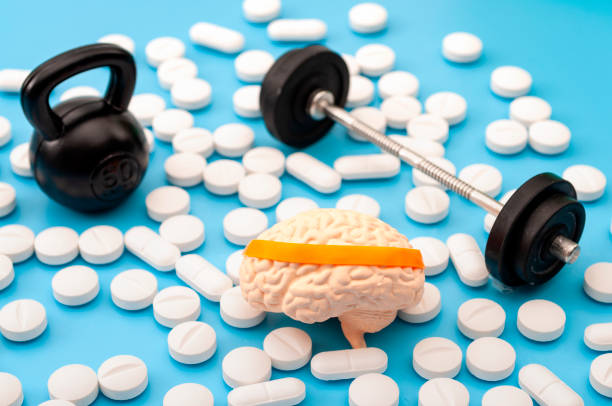Medication Management: Safeguards for Safer Use
Effective medication management reduces risks, supports treatment goals, and helps people maintain independence and wellness. This overview outlines practical safeguards—covering nutrition, sleep, hydration, mobility, and stress—to help users, caregivers, and clinicians minimize errors, manage side effects, and optimize outcomes.

How does medication fit into overall wellness?
Medication is one component of a broader wellness plan that includes nutrition, sleep, exercise, and stress management. When medications are prescribed, clinicians consider how a person’s daily routines and health goals interact with drug effects. Clear documentation of current medications, supplements, and over-the-counter products prevents interactions and supports safer use. Maintaining an up-to-date medication list, using a single storage spot, and reviewing drugs at routine visits help align pharmacologic therapy with prevention and long-term wellbeing.
How can nutrition and medication interact?
Food and nutrients can change how drugs are absorbed, metabolized, or excreted. Some medications require taking with food to reduce stomach upset, while others may have reduced absorption if taken with certain foods or supplements. Nutrition status—malnutrition or significant weight change—can alter dosing needs, particularly for elderly patients. Discussing diet, including hydration and nutrition supplements, during medication reviews helps clinicians anticipate interactions and tailor dosing to individual needs.
How can sleep and exercise affect medication effectiveness?
Sleep quality and physical activity both influence medication response. Poor sleep can worsen side effects like sedation or cognitive impairment, while exercise may change how drugs are processed by increasing circulation and metabolic rate. Timing medications around activity and sleep cycles—such as avoiding stimulating drugs before bedtime—can improve safety. Encourage consistent routines so medication timing aligns with exercise and rest, reducing the likelihood of adverse events or missed doses.
How can stress, prevention, and immunity influence medication plans?
Stress affects hormones and immune function, which can interact with certain medications, including immunomodulators and psychiatric drugs. Preventive strategies—vaccination, lifestyle measures, and stress reduction—may change therapeutic priorities and medication choices. Clinicians should assess stress and immunity-related factors when planning regimens, and patients should report symptoms like infection or mood changes that could require dosage adjustments or temporary discontinuation.
How does aging, mobility, and hydration change medication needs?
Aging often brings changes in body composition, kidney and liver function, and mobility that alter medication effects. Reduced mobility can affect the ability to obtain or take medicines; hydration status influences drug concentration and kidney clearance. Regular review of medications with attention to simplified regimens, blister packs or pill organizers, and mobility aids can reduce errors. Monitoring renal and hepatic function and adjusting doses for age-related changes increases safety for older adults.
How can mindfulness and medication management improve safety?
Mindfulness techniques—like medication routines tied to daily habits—help reduce missed doses and support adherence. Simple strategies include pairing doses with meals or oral hygiene, setting alarms, and using apps or pillboxes. Mindful attention to symptoms, side effects, and changes in mood or cognition helps patients and caregivers detect problems early. Educating patients about expected effects, possible interactions, and clear follow-up plans empowers safer medication use and encourages shared decision-making.
This article is for informational purposes only and should not be considered medical advice. Please consult a qualified healthcare professional for personalized guidance and treatment.
Conclusion Medication management is an ongoing, multidisciplinary practice that benefits from attention to nutrition, sleep, exercise, stress, hydration, and mobility. Clear communication among patients, caregivers, and clinicians, routine medication reconciliation, and practical adherence supports reduce risks and enhance outcomes. Simple safeguards—regular reviews, documentation, aligned daily routines, and awareness of interactions—help make medication use safer and more effective across the lifespan.






